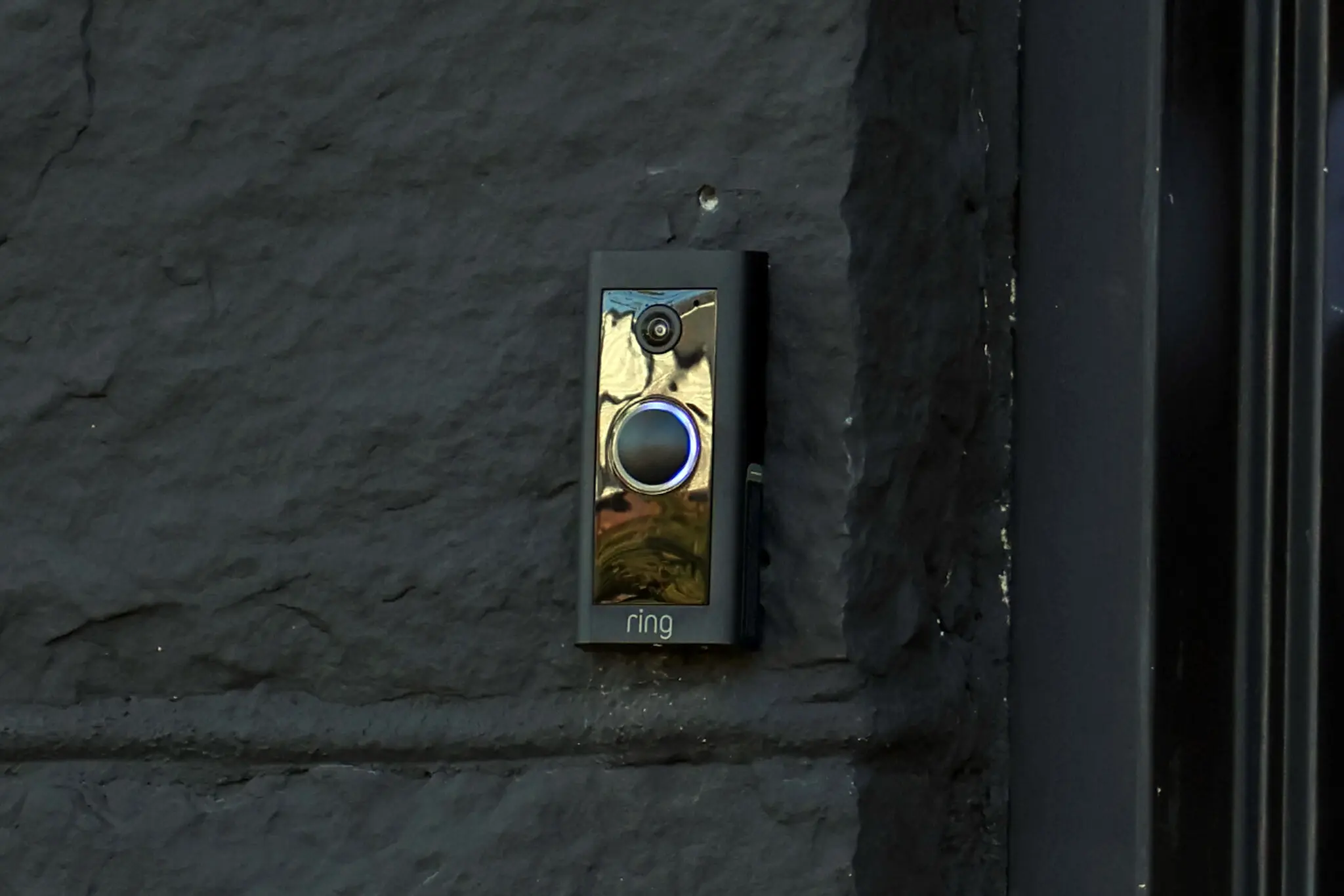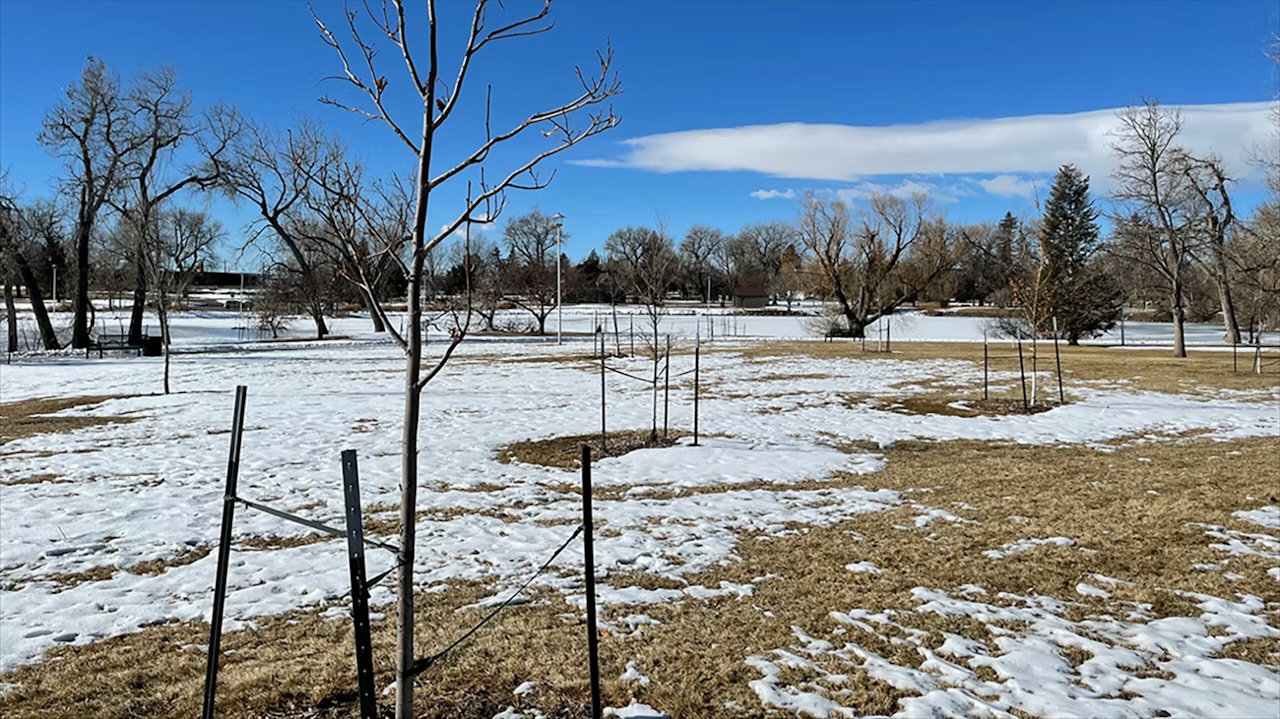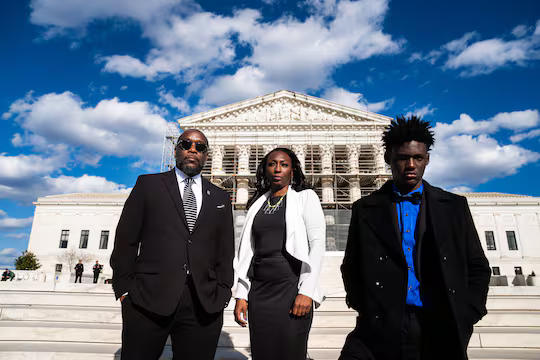The US Supreme Court is considering whether individuals whose homes are wrongly raided by federal agents can sue the government, a case that raises broader questions about law enforcement accountability and the limits of federal immunity.
The case stems from a 2017 incident in suburban Atlanta, when a team of FBI agents mistakenly raided the home of Hilliard Toi Cliatt and Curtrina Martin. The agents, acting on an arrest warrant for a suspected gang member, entered the wrong house, deploying a stun grenade, breaking down the front door, and pointing firearms at the occupants — including Martin’s 7-year-old son, who hid under the covers in terror.
The actual suspect lived four doors away.
Although the lead FBI agent realized the error within minutes and later returned to apologize, the event left the residents shaken. The family’s subsequent lawsuit, which seeks damages for assault, false imprisonment, and trespass, was dismissed by lower courts, which cited the federal government’s immunity under the Federal Tort Claims Act (FTCA).
At the heart of the case is a legal conflict between two parts of that law. One provision permits lawsuits against federal law enforcement for specific actions such as assault or wrongful arrest. Another — known as the discretionary function exception — shields government employees from being sued for decisions made in the course of their duties if those decisions involve judgment or policy choices.
The federal government argues that the FBI agent’s error falls within this protected discretion. Attorneys for the Justice Department say the agent had followed proper procedures but was misled by a GPS device, and that second-guessing such decisions could undermine law enforcement operations.
Plaintiffs and their supporters counter that Congress explicitly amended the FTCA in 1974 to ensure victims of wrong-house raids and other forms of law enforcement misconduct could seek redress. Civil liberties groups and a bipartisan group of lawmakers argue that allowing the government to evade responsibility in this case would set a dangerous precedent.
Martin and Cliatt emphasize that their case is not an indictment of law enforcement but a plea for accountability.
“We’re not anti-police,” Cliatt said. “But there are better ways to catch criminals than kicking in doors in the middle of the night.”
The Supreme Court, which has traditionally upheld wide protections for government agents, is now being asked to decide whether those protections should extend to clear cases of mistaken identity and the resulting trauma. A ruling is expected by the summer.
The Washington Post, NBC News, and NPR contributed to this report.










The latest news in your social feeds
Subscribe to our social media platforms to stay tuned